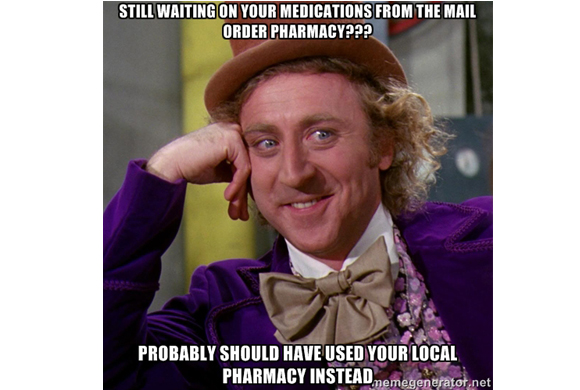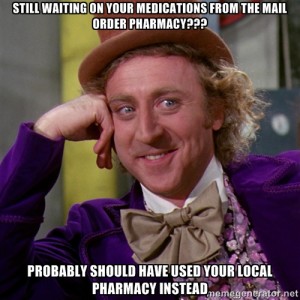[cmsms_row][cmsms_column data_width=”1/1″][cmsms_text]
[/cmsms_text][/cmsms_column][/cmsms_row][cmsms_row data_padding_bottom=”50″ data_padding_top=”0″ data_overlay_opacity=”50″ data_color_overlay=”#000000″ data_bg_parallax_ratio=”0.5″ data_bg_size=”cover” data_bg_attachment=”scroll” data_bg_repeat=”no-repeat” data_bg_position=”top center” data_bg_color=”#ffffff” data_color=”default” data_padding_right=”3″ data_padding_left=”3″ data_width=”boxed”][cmsms_column data_width=”1/1″][cmsms_text animation_delay=”0″]
In 2012, Express Scripts completed a $29 billion acquisition of Medco, to create the country’s largest pharmacy benefit manager (PBM). PBMs are essentially middle-men between the insurance and pharmacy. PBMs manage and administer medication benefits of their clients (such as you), but also contain costs. Since insurance companies are not in the business of directly managing pharmacy services themselves, they contract with PBMs to coordinate and manage their patients’ insurance benefits for them. If PBM can do that at a lower cost, they save (make) money for themselves and the insurance company.
Mail order pharmacies are in a position to do this. They are able to reduce costs through mail and lower overhead (no brick-and-mortar outlets). With such an advantage in lower costs, mail order PBMs are quickly putting traditional brick and mortar pharmacies out of business.
Think of it this way, remember Blockbuster video stores? Why do you think the neighborhood video stores are no longer around? Think about Netflix, Amazon, etc. Removing the costs of overhead and using the low costs of mail to get the movie in the hands of the consumer allowed those companies to bully other brick and mortar stores like Blockbuster out of town.
The same goes with your neighborhood pharmacy and the way the mail order industry is taking over. Mail order is appealing to many patients because they can offer the medications at a lower price per month (even lower price if they get a 3 month supply). This makes life a little more difficult for the physician. Primary care physicians (PCPs) now have to give you a two prescriptions, one for a 3 month supply to give to the mail order pharmacy and one for your retail pharmacy. Yes, mail order will acknowledge that there will be lag time and will allow you to get a 30 days supply 1x so you are not without your medication for that month (thoughtful, right?). PCPs have worked around this extra work load and now happily write the duplicate prescriptions to help Medco hit their quarterly profit targets, I’m sorry, I mean to help the patients get the medications they need in a timely manner.
This is not the only problem that PCPs encounter with mail order pharmacies. For example, physicians do not know the co-pay of every medication on the market, nor are they expected to. There is simply no way for a doctor to know what level of coverage each patient has for their pharmacy benefits. Many times the physician prescribe what they feel is necessary for the patient. The patient then takes it to their local pharmacy and the pharmacist then submits the claim to the insurance company and gets immediate response on what the co-payment will be. If the out of pocket expense is too high for th patient then the pharmacist will call the physician and discuss other alternatives to help save money for the patient, thus providing superior service to the patient. With mail order pharmacy, unlike a retail pharmacy, when a patient finds that a prescription is beyond the means for them to pay, they simply can’t refuse the medication. Once the prescription is filled, filed, and mailed, payment is expected. There are no refunds or returns. This typically leads to frustrated patients that seem to take their frustration out on the physician. This is not the physicians fault, like I mentioned beforehand it is not the job of the doctor to know every patients pharmacy benefits. This problem can be avoided by going to a local retail (brick and mortar) drugstore and having face to face interaction with a pharmacist to help you find the medication you need that fits your budget.
Physicians are willing to work with any brick and mortar pharmacy to go through pre-authorizations, medication substitutions, and other issues. However, they do not like playing the the role of middleman and provide customer service for large companies (PBMs) that apparently aren’t doing a very good job of it on their own.
[/cmsms_text][/cmsms_column][/cmsms_row]



